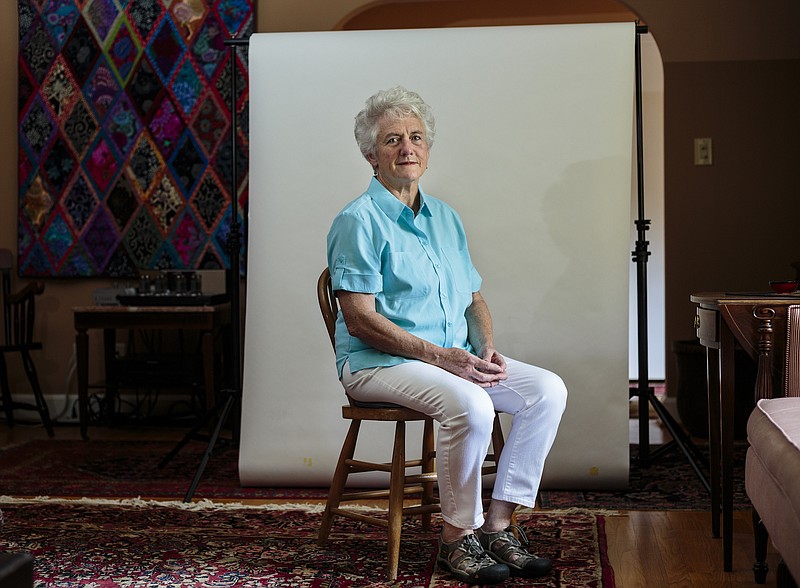"Make your city good for those who live here and others will come." - James Rouse
I was out of the country when the series of articles, "The Lost Way" by Joan McClane and Joy Smith, was published in the Chattanooga Times Free Press. When I came back, I asked people what they thought.
Responses to the series seemed to fall into two camps (with a few outliers). One side said, "Fascinating. I had no idea. I learned so much." The other side felt miffed, irritated that the narrative had been challenged. I was soon approached by people who wanted a new vision today.
"The Lost Way" described the history of how Chattanooga began to change in the 1980s. An organization was created, called Chattanooga Venture, which held Vision 2000, the first community-wide visioning process in 1984, and again in 1993. Instead of making decisions behind closed doors, or not making decisions at all, Chattanooga Venture opened the doors and invited the whole community to the table.
Vision 2000 was the beginning of engaging the community. And for 10 years, people worked on task forces and committees on issues like low-income housing, child care, transportation, teen pregnancy, and neighborhood development, as well downtown and riverfront development. The series of articles raised the questions: Did some things get lost in the shuffle when Venture folded and the Tennessee Aquarium and downtown development took center stage?
WHAT’S OUR FUTURE?
“To improve the common measures of community health — economy, health, safety, the environment — we need to create a community where each citizen has the experience of being connected to those around them and knows that their safety and success are dependent on the success of all others.” “Community” by Peter Block.
Ideas grow by involving diverse groups of people
I began to be approached by people who felt strongly that a new vision is needed now. For example, an elected official thinks we need a new shared vision because we are missing out on too many opportunities. Many felt that two Chattanoogas had formed; one side benefiting from the changes and the other side left out.
A conversation with a city planner revealed that people working on the city's many improvements are stressed out and overworked. "Everyone is working as hard as they can," he said, "but there's no way to prioritize because we have no shared vision. It's like you're working on page 10 of a plan, but you don't know what the overall plan is."
The leaders of the outdoor initiatives recently published a two-part series stating Chattanooga needs to go to another level to be a healthy community. "We're at a critical moment," said Andrew Bailey, a professor at UTC and a member of the group. "Now is the time we have to decide what we want to look like." If Chattanooga's outdoor initiatives grew out of a past visioning process, then they are calling for a new one.
A local business consultant wants to form a study group to figure out what were the lessons learned from Chattanooga Venture. He asked me a provocative question: Where in the community can we find evidence of the values and principles of Chattanooga Venture, i.e., public engagement?
I thought I would ask you to help me find the answers.
Where in the city and county today do you find:
-Citizen committees or willingness of citizens to respond to needs;
-Obvious diversity present;
-Interactive learning about new possibilities;
-People connecting across boundaries;
-Open and accessible ways to have input into decisions;
-Activities that celebrate cultural vitality;
-Policies that embed practices of participation and diversity;
-Organizational structures that have a community-wide focus;
-Leaders who use or voice practices of diversity and participation;
Are we at a critical moment? Does the Chattanooga area already have a vision and active community participation? Do we need a process for creating a vision that is the result of broad input and shared ownership? Then how do we continue to embed these values in our policies, practices and celebrations?
So what do you think? I welcome your responses.
Eleanor McCallie Cooper, Ed.D., the former executive director of Chattanooga Venture, is a community visioning and engagement strategist and author. Contact her at cvass@timesfreepress.com
